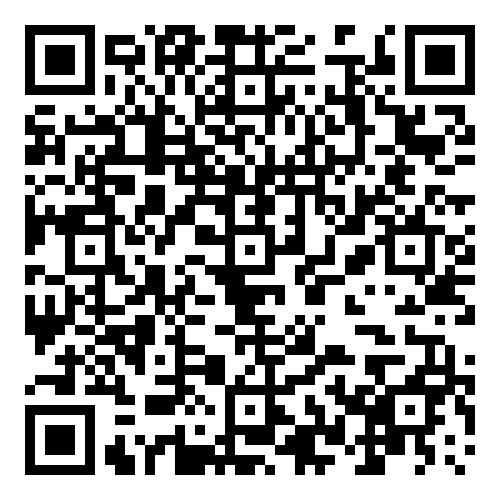




Life has ups and downs similar to a rollercoaster. In the midst of responsibilities and stress, it is crucial for caregivers to discover moments of joy and fulfillment in each day. This article explores 5 tips on how caregivers can cultivate a positive mindset and find joy in the small moments.
Practice Mindfulness: Introduce mindfulness practices. These can help caregivers stay present and find joy in the current moment. Examples could include journaling, reading, prayer, meditation, walking, and more.
Shift Perspectives: Encourage caregivers to reframe their mindset and focus on positive aspects of the caregiving experience. There is value in acknowledging and appreciating the impact of the caregiver.
Foster Connections: Explore the joy that comes from connecting with the person with care needs and building meaningful relationships. Search for opportunities to connect with others in similar situations. Consider attending a monthly support group virtually or in person. LifeStream has monthly Caregiver Gatherings to connect with other caregivers for discussion, support, and resources.
Create Joyful Rituals: Incorporate enjoyable activities into caregiving routines. Find what sparks joy in your daily activities or what you could include. Consider attending a LifeStream Monthly Memory Café for the caregiver and their loved one living with dementia to enjoy an activity and break from normal routines.
Celebrate Small Wins: It is important to recognize and celebrate even the smallest achievements. Examples of small victories could include smooth morning or bedtime routines, effective communication, laughter, or expressing and receiving gratitude.
Finding joy in the overall atmosphere of caregiving and taking the time to highlight meaningful moments can make a significant impact on a caregiver’s day. Finding joy in the caregiving journey can enhance well-being, fund fulfillment, and create positive memories.
For more information on LifeStream’s STEP In Caregiver Programs, contact the Caregiver Programs Coordinator in your area.
For Blackford, Delaware, Grant, Henry, Jay, and Madison counties, contact Tia Drumm at (765) 759-1121 ext. 101 or tdrumm@lifestreaminc.org.
For Fayette, Franklin, Rush, Union, and Wayne counties, contact Chelsey Krofta at (765) 759-1121 ext. 281 or ckrofta@lifestreaminc.org.


Do you remember who you were between the ages of 14 and 25? This is the average time frame that most people with dementia live in. Were you rebellious? Were you fighting in wartime? Were you getting married and having children?
Society does not consider our past when thinking about our future. People living with dementia are not trying to be difficult or make the lives of those around them hard. They are confused, they are scared, and they are trying to remember who they are. Depending on the progression of their disease, they can be in any age group or time period.
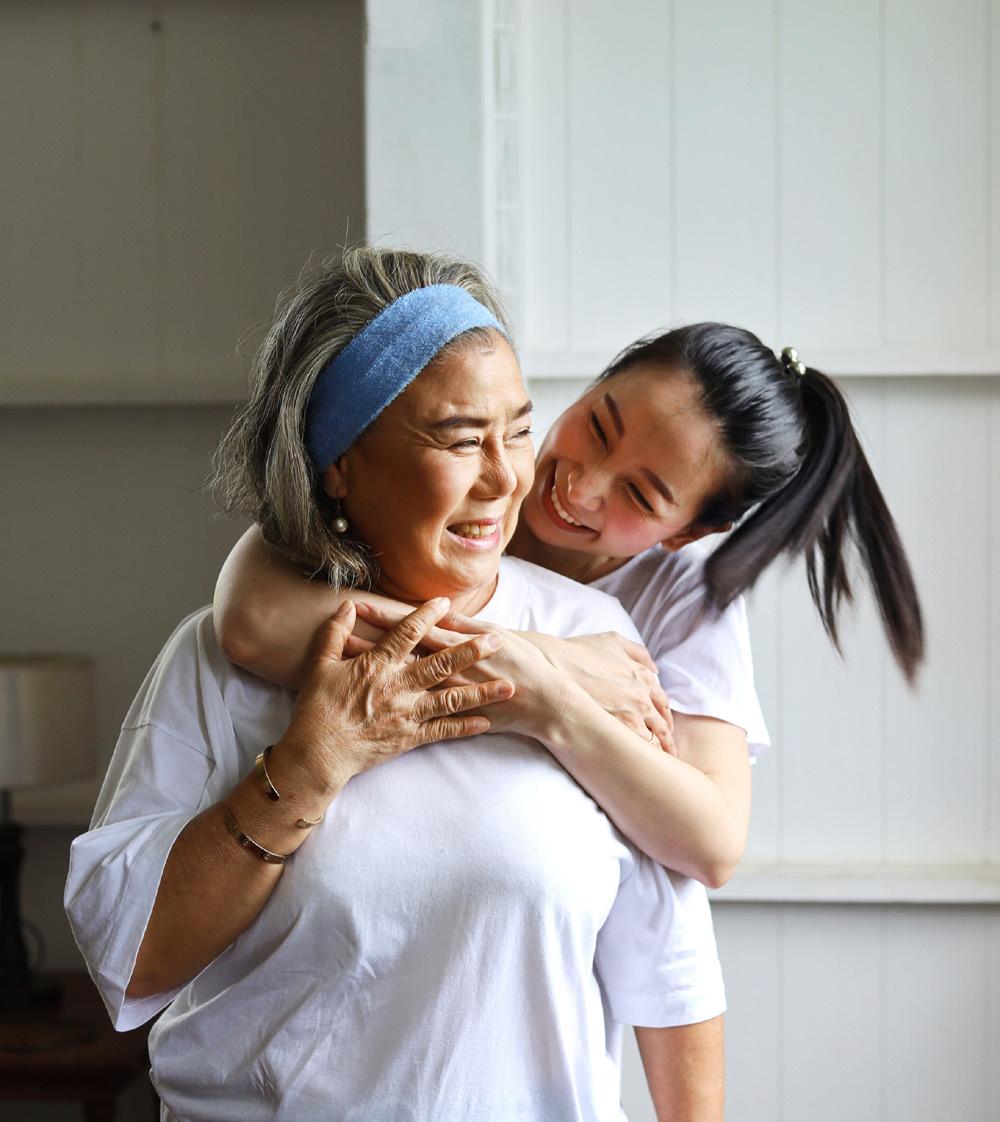
Maybe it’s time to play detective. Ask family and friends of your loved one where they were in those years. Where did they live? Where did they go to church? What did their parents do? What clubs did they join? Were they in war? Were they dealing with segregation? Were they being mistreated? Our past is important to remember. Unfortunately, that is where we end up living when we cannot remember the present. It is important to learn where your loved one is at in their journey and to meet them on their path. Learning this early on will make those later walks easier.
Cognitive care is important for your brain health. We all hear that exercise is important for our body, but it is important for our brain, too! By challenging the brain to learn new things, we increase its neuroplasticity. This gives us a better chance of delaying decline of cognitive thinking. Here are some ways to sharpen your brain: Solving the Rubik’s cube can be an excellent cognitive exercise along with jigsaw puzzles, sudoku, and word searches. Learning new skills, mentoring others, and volunteering are other ways to challenge your brain. Repeat Information to remember it. When trying to recall something you’ve just read or heard, repeat the information out loud and write it down. This helps to reinforce the new facts in your memory. However, don’t just repeat the information several times and then not review it later. Instead, plan to go over it again shortly. Read more books! Those years of book club and earning free pizza for reading your book list were actually important! Reading helps us recall information and gives
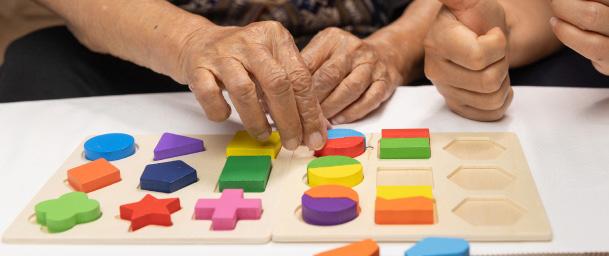
the brain a workout by having to translate what someone else wants us to envision. Rather than wasting hours vegging out in front of a TV or texting on your phone, check out books to read at your public library. You can also find a vast array of books on any topic through eBooks.
Be social. Trivia game nights aren’t just for college kids! In addition to challenging yourself with games, include other people. When you participate in interactive challenging games and activities with others, you’re 65–75% more likely to remain sharp and prevent memory disorders from occurring, such as Alzheimer’s and other neurodegenerative diseases. Getting quality sleep can help your brain recover after a hectic day. Try to get at least seven to eight hours of sleep. Take that vacation when your brain and body are telling you to. Enjoy those quiet drives to relax, but most importantly… get some sleep!
Visit lifestreaminc.org/stepin for Memory Kits and Dementia Caregiver Support Groups


An update from Tia Drumm, Caregiver Programs Coordinator
Being a caregiver is a big responsibility, and it’s important to take care of yourself too. We’ve put together this list of media resources just for caregivers like you. Whether you’re looking for helpful books, comforting podcasts, or other ways to support your well-being, these resources are here to help.
Podcast:
• Caregiver Dave “Don’t just survive. Learn how to thrive as a caregiver” (YouTube, Spotify, Apple)
Video:
• TED Talk – “What is the Caregivers Dilemma”
Book:
• A Minute for Caregivers by Peter Rosenberger
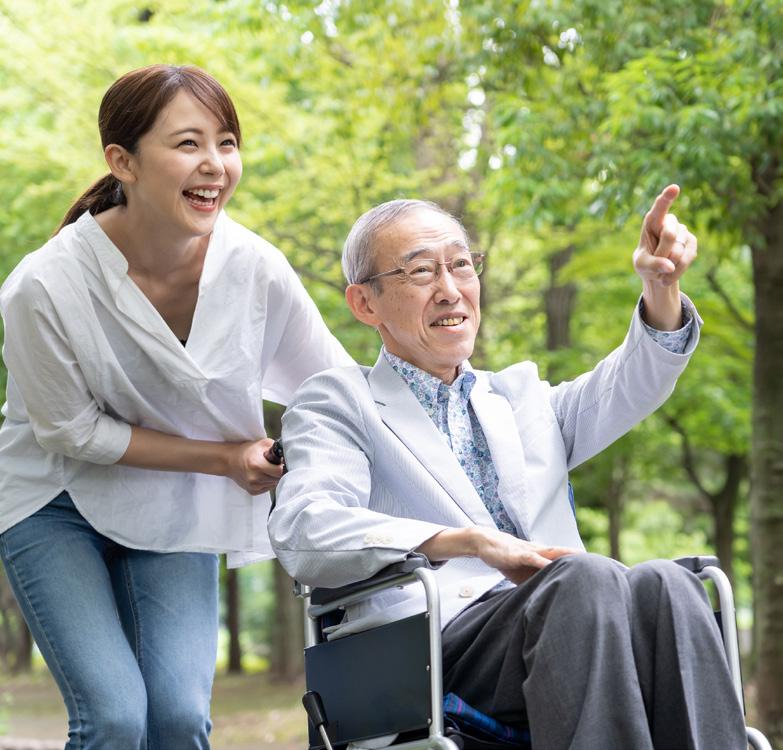
If you are looking for more support, or wanting a group to relate to, check out the upcoming events below to learn more about programs and events in your area, or visit lifestreaminc.org/stepin!
In this new 8-week session, participants will create a self-portrait in watercolor and explore their thoughts and feelings about their caregiving journey through art. All supplies, instruction by Olivia Willard, and activities for care partners are included at no charge. Space is limited— register now at lifestreaminc.org/creativeaging
• April 3–May 22, Every Wednesday, 10–11am
• Ball State Health Professions Building 1615 W. Riverside Ave. Muncie, IN
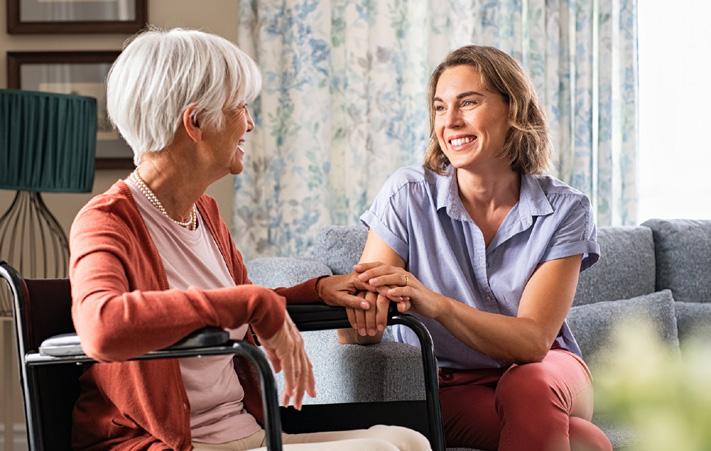
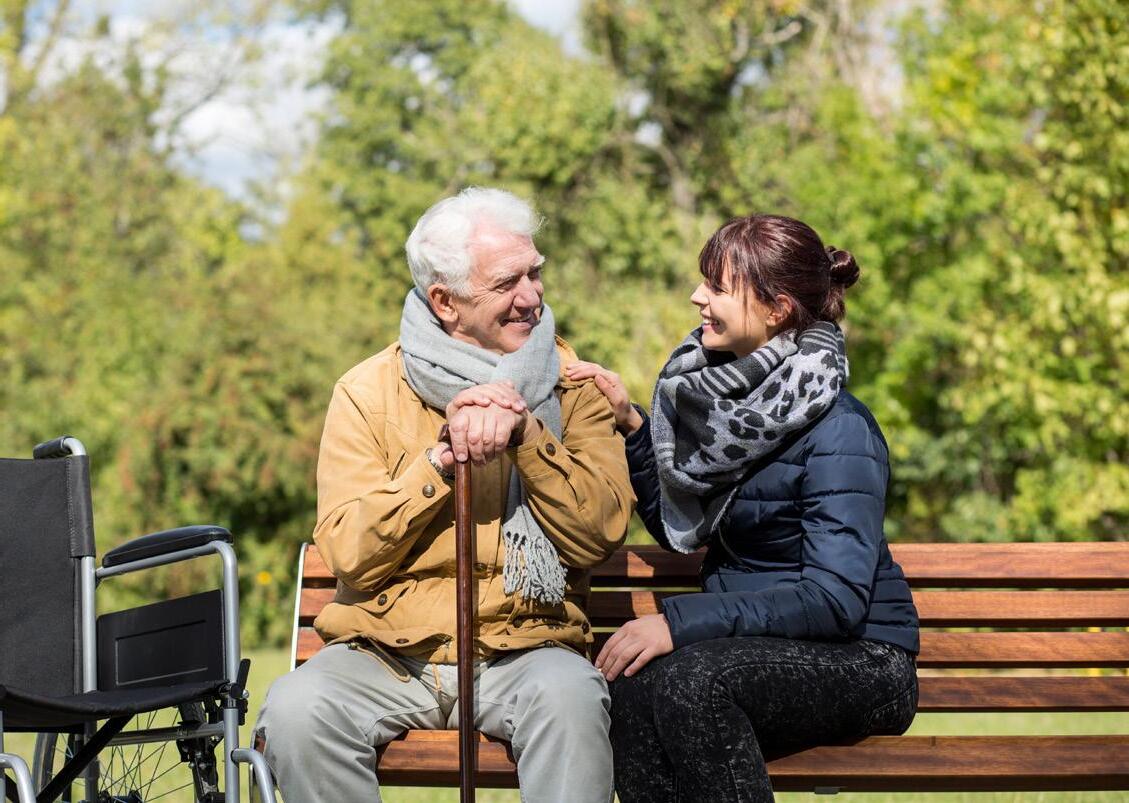
A caregiver gathering is a time for caregivers and care partners to come together and take a break, enjoy food, share resources, and support one another. Muncie:
• Last Tuesday of the month, 11:30am–12:30pm
• By Hand and Fork private meeting room 1617 N. Wheeling Ave. Muncie, IN Richmond – Brunch Buddies:
• Last Wednesday of the month, 11:30am–12:30pm
• Firehouse BBQ and Blues • 400 N. 8th St. Richmond, IN

Caring for yourself can often be overlooked as a caregiver of an individual who is living with dementia. Many people think that caring for their loved ones will be the same way the entire time. As the disease progresses, the type of care being given will transition. Let’s focus on two different caregiving stages.
The first stage of caregiving is during the early stages of dementia. “Early stage” refers to people, irrespective of age, who are diagnosed with Alzheimer’s disease or a related disorder and are in the beginning stages of the disease. The early stages of Alzheimer’s can be a short time span or they can last several years. Alzheimer’s disease affects more than those with the disease; it affects everyone who loves and cares about them. In the early stages, people can function more independently. They may still drive, take part in social activities, volunteer, and even work. Your role as a caregiver or care partner during this stage is to provide support and companionship and help plan for the future. Monitoring this can become frustrating for both you and the loved one you are caring for. It is vital that you start to become aware of your emotions and maintaining adequate self-care to ensure that you are focused and able to provide good care for not only your loved one, but for yourself as well!
The second stage of caregiving is the late-stage caregiving. This stage can last from a few weeks to years. A person with late-stage Alzheimer’s usually needs full-time help with personal care, needs assistance walking and eventually is unable to walk, or may have difficulty eating and swallowing. Your role as a caregiver will become more challenging as the disease progresses throughout the different stages and during this time. It is vital that you take care of you. Make sure that you find support, stay active, find a place of joy, let things go and enjoy the little moments!
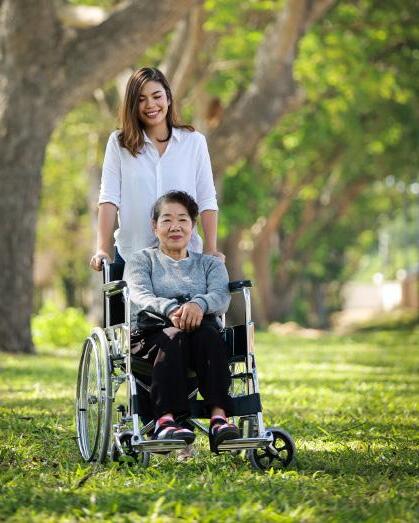




Caregiver Programs Coordinators play a vital role in organizing support services for caregivers. They excel in managing resources, coordinating educational initiatives, and providing a crucial link between caregivers and relevant programs and resources in the area. Our Caregiver Programs Coordinators are also caregivers who have had to STEP In. Tia is on one of our Caregiver Programs Coordinators at LifeStream Services. Tia found herself as a STEP In caregiver one evening for her grandmother while her mother was out of town.
“When my grandmother had her fretful fall and needed hip surgery, I had no idea how to answer all the questions the doctors were throwing at me. As I was frantically calling my mother to update her and ask her all these questions, I thought to myself ‘there has to be a resource where all your loved one’s information is in ONE place and accessible to ALL on the care team.’ This is where LifeStream stepped in and created one with the Care Team Resource Binder,” said Tia Drumm.
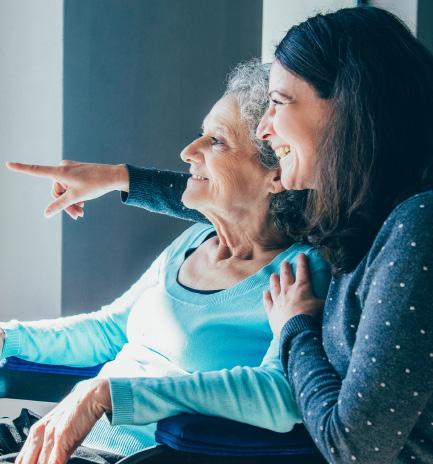
Chelsey, also one of LifeStream’s Caregiver Programs Coordinators, is passionate about providing support to caregivers and letting them know about LifeStream Services and available resources as she has experienced being a STEP In caregiver for family members.
“Knowledge is power and knowing what resources are out there is just one piece of the caregiving journey. LifeStream has so much to offer to help individuals, including programs and support for caregivers. I wish myself and my family knew more about the resources available when we needed it most while caring for my grandparents. Support Groups, the Care Team Resource Binder, and other programs such as Powerful Tools for Caregivers are just a few of the programs I wish we knew about sooner for our own self-care and stress management,” said Chelsey Krofta
The Caregiver Programs Coordinators are here to support YOU as the caregiver and provide available resources. LifeStream has various programs and resources available to help ease your way into and through the caregiving journey.
For more information about caregiver support programs, events, and other resources, visit lifestreaminc.org/stepin.



LifeStream’s STEP In Caregiver Programs are a comprehensive way to educate and support family caregivers, care partners, and people with care needs. LifeStream offers Caregiver Memory Kits, support groups, and evidence-based programs to help you STEP In to caregiving.
LifeStream Services is also thrilled to provide caregivers and care partners with a resource binder that is an organizational tool used to prepare in the case that someone else may need to step in and provide care—either temporarily or permanently—and to empower caregivers who help with care needs.
Individuals who may need to step in could include another family member, a professional caregiver, a neighbor, or a friend. All of these care partners make up your care team.
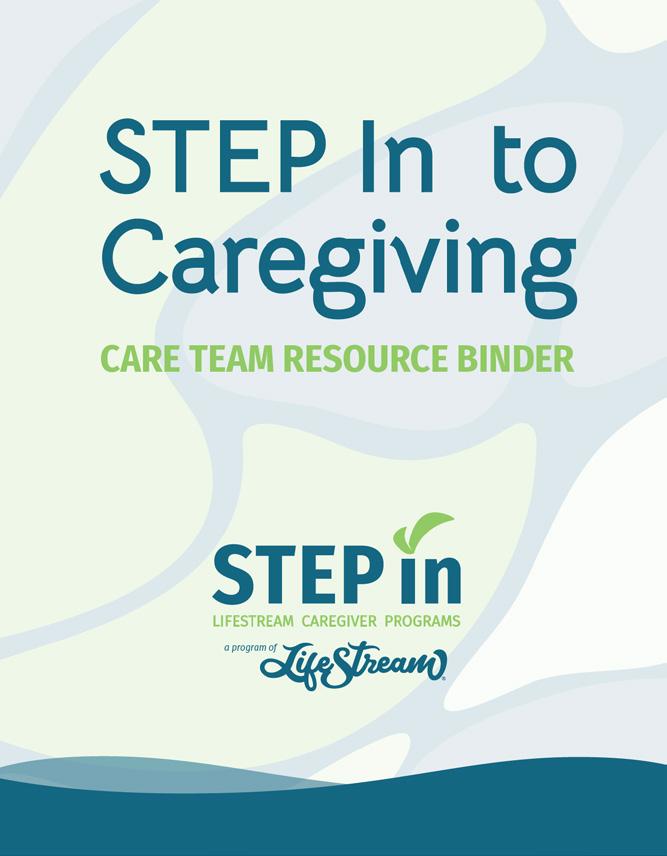
Are you interested in receiving important updates from LifeStream Services? LifeStream uses Blooming Health, a mass communication service, to share important reminders and updates with our community members.
This service caters to your interests. You have the option to receive notifications about select programs so you don’t have to worry about being spammed with updates you don’t want to receive.
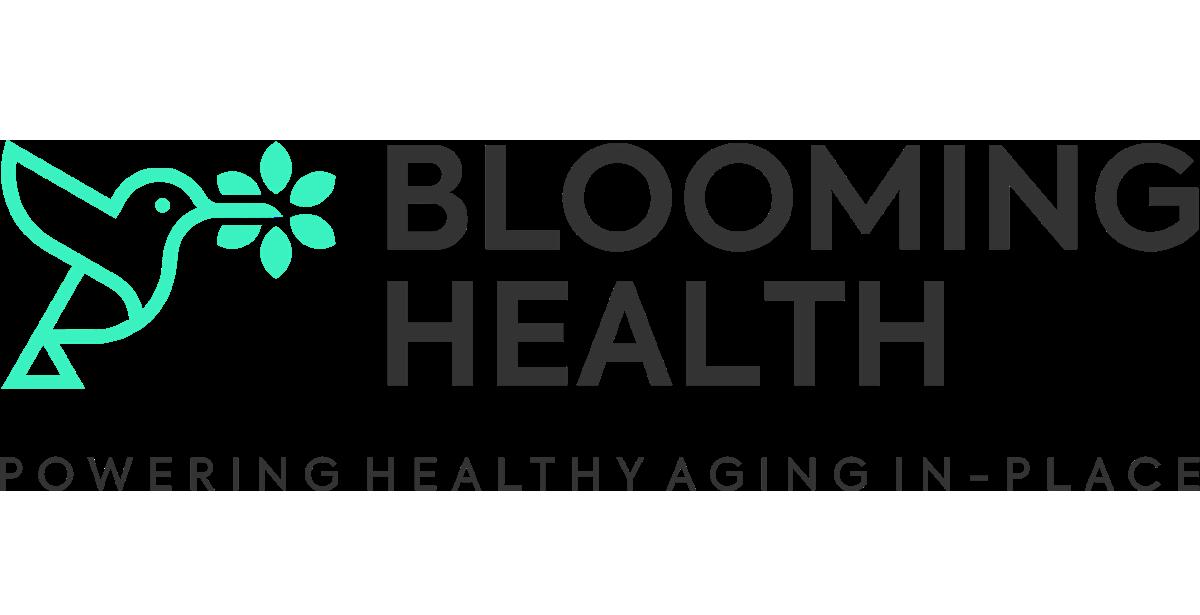
You can choose to receive notifications through SMS (text), email, or voice message, and you can opt out at any time. You don’t want to miss out on friendly reminders of events, program changes, and any important information you may need.
If you’re interested in receiving LifeStream updates through Blooming Health, please scan the QR code below and fill out the information. We look forward to staying connected!
